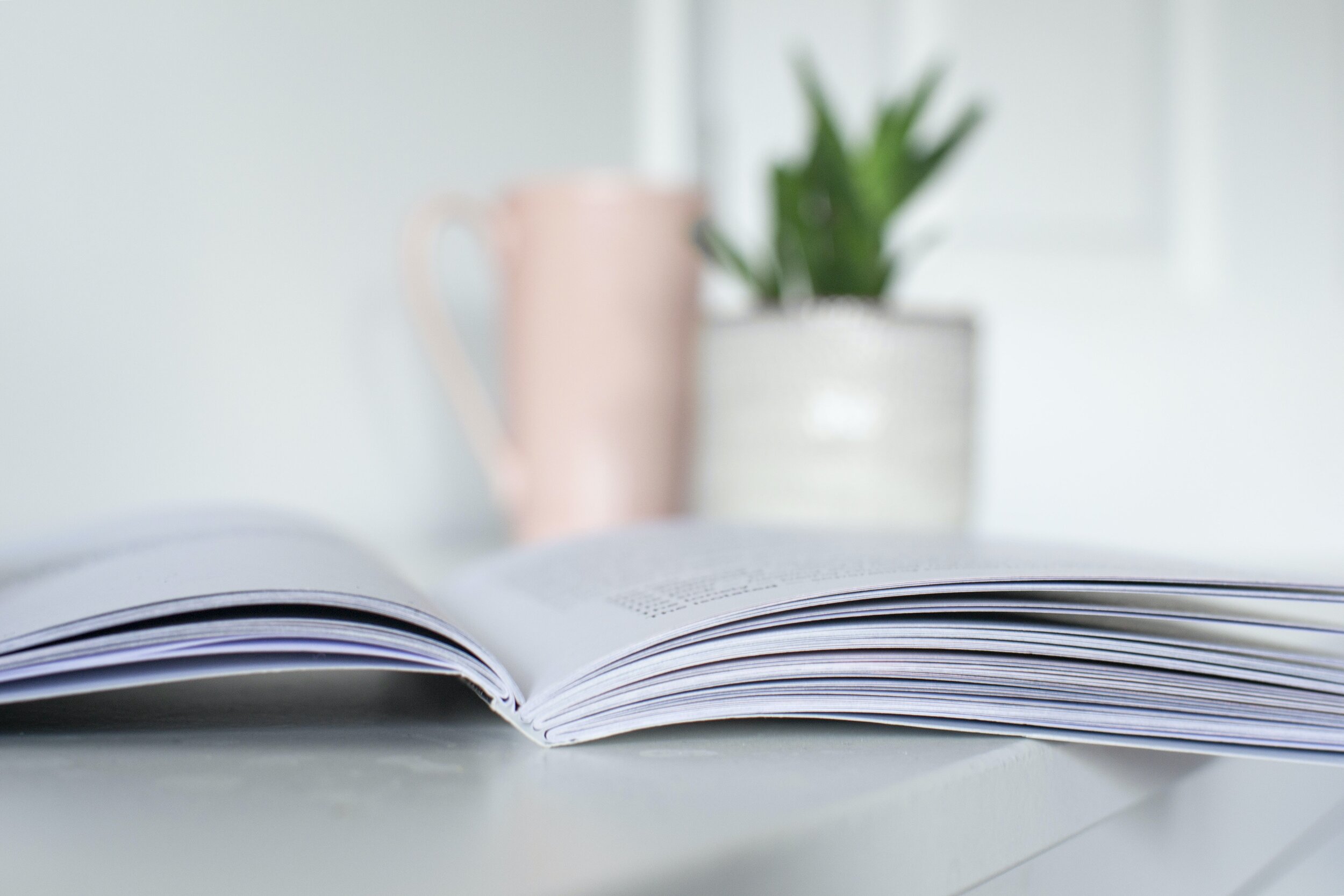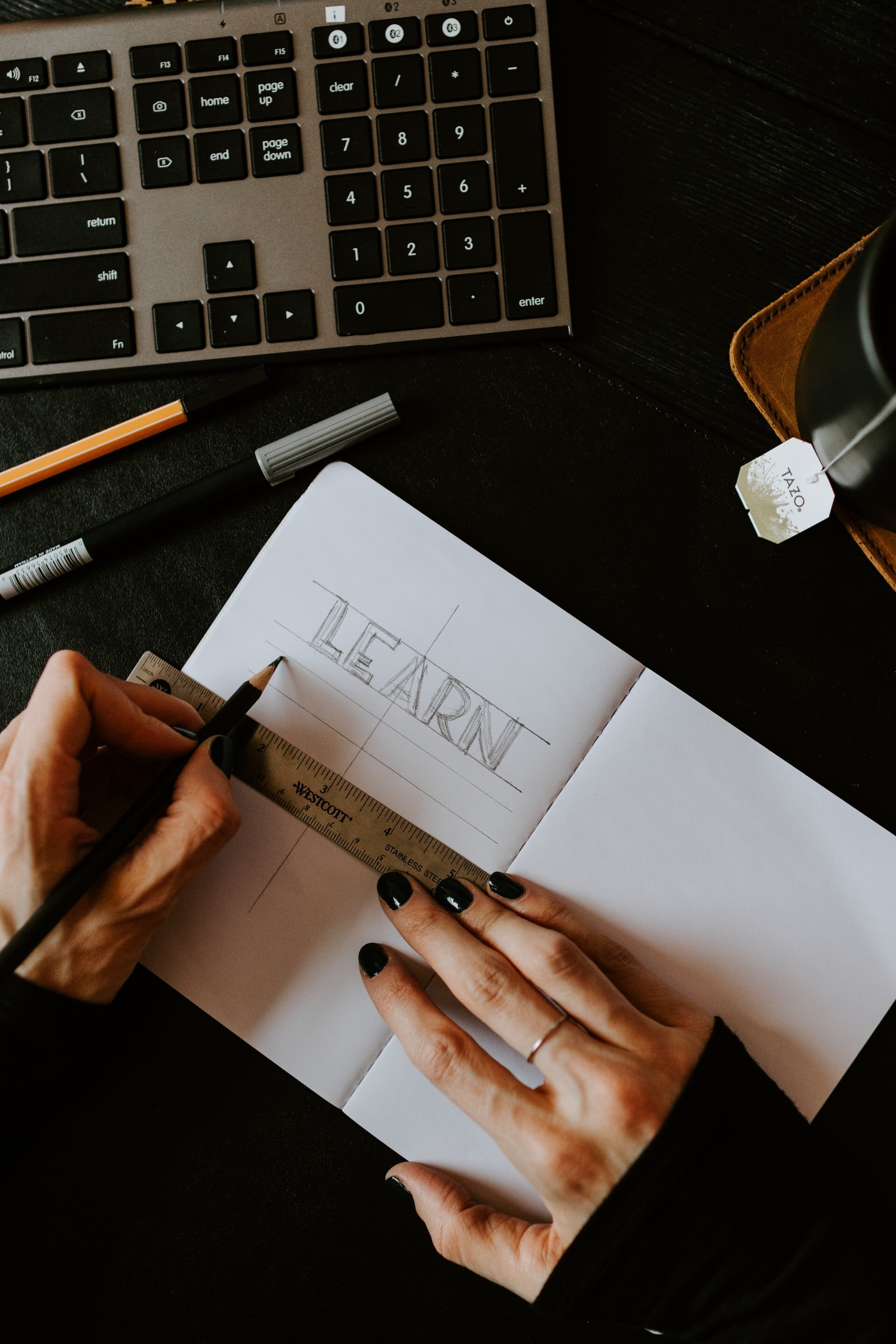Use and Used to Examples
What's the Difference Between Used To, Be Used To and Get Used To?

English learners often confuse used to, be used to and get used to. And that makes a lot of sense! They sound almost exactly the same, after all.
But they actually have very different functions in the English language. So, how do we use them, and what's the difference?
The difference between used to, be used, and get used to is:
-
Used to is a verb we use to talk about something that happened in the past that doesn't happen anymore. We always use it in the past tense.
-
Be/get used to is an adjective that means we are so familiar with something that is seems normal or usual. Just as with any adjective, we can use the verb be or get before it.
There are a few more subtle differences and common mistakes that we're going to talk about today. We'll talk about:
-
Used To: Usage and Structure
-
Be Used To and Get Used To: Usage and Structure
-
Common Mistakes to Avoid
Then you'll have the opportunity to practice and test your knowledge with a couple of practice exercises and a writing prompt. So, if you're ready to dive into the differences between these two phrases, let's get started!
The Difference Between Used to, Be Used TO and Get used to
Used To: Usage and Structure
Used to actually functions as a modal verb. We use modal verbs such as can, could, would, or should to talk about things such as ability, probability, suggestion, advice, or obligation, to name a few.
Used to is a modal verb that we specifically use to talk about habits we had in the past. So, because it functions as a modal verb, we always put used to with a base verb. Here's the basic structure:
Structure
-
Subject + used to + base verb + . . .
Examples
-
He used to work here.
-
She used to run every day.
-
We used to be good friends.
Keep in mind that we never change the base verb that comes after used to.
Examples
-
He used to work here.
-
He used to working here.
-
She used to run every day.
-
She used to running every day.

Used To in the Negative
If we want to talk about how a habit or repeated action didn't exist in the past, but it exists now, we can use did not use to. Here, we use use to instead of used to because of the auxiliary verb did, so be careful of the spelling here.
Structure
-
Subject + didn't + use to + base verb + . . .
Examples
-
He didn't use to cry so much.
-
She didn't use to drive so fast.
-
We didn't use to fight like this.
We can also use "never used to" to express the same meaning.
Examples
-
He never used to cry so much.
-
She never used to drive so fast.
-
We never used to fight like this.
Used To in a Question
It is possible to use used to in a question if we want to know if someone has always had the habit they have now. And in this case, we have to follow the same spelling of "use to" without the -d at the end.
Structure
-
Did + subject + use to + base verb + . . . ?
We can also put a question with used to in the negative:
-
Didn't + subject + use to + base verb + . . . ?
Examples
-
Didn't you use to climb trees when you were a kid?
-
Did you use to exercise more in the past?
-
Did they use to take such long vacations?
Used To With Adverbs of Frequency
We often use used to with adverbs of frequency like sometimes, never, always, or often to show how often a repeated action or habit occurred in the past.
Examples
-
They never used to make so much noise.
-
We sometimes used to swim in the river.
-
He always used to eat dessert after every meal.
Related post: What's the Difference Between If and Whether?

Be Used To and Get Used To: Usage and Structure
Now, let's take a look at the phrases get used to and be used to.
I'm grouping be used to and get used to together because they have a similar function, and their meanings are almost the same.
Both be used to and get used to are adjectives that mean we are accustomed to doing something, or that we are in the process of getting accustomed to it. Here are some examples:
-
I am used to waking up early.
(I am accustomed to waking up early.)
-
It was uncomfortable at first, but eventually, I got used to public speaking.
(Eventually, I got accustomed to public speaking.)
Structure
With be/get used to, there are two possible structures:
-
Subject + be/get + used to + -ing
-
Subject + be/get + used + noun
Get used to
We covered the uses of get in another post, but the important thing to remember here is this: get indicates a process of change. To understand this, let's look at a simple example. If I say,
-
"I wasn't used to the humidity when I first moved to Taiwan, but eventually I got used to it."
Using get here in its past form got signifies that the transformation is complete: I am now accustomed to the humidity.
So we often say that we got used to something when we were in a situation that felt strange or difficult, and we slowly became accustomed to it until it felt normal.
Remember also that we always follow get used to with a noun or a gerund (-ing verb). We never follow it with a base verb.
Examples
-
It took him a while to get used to the slower pace of life here.
-
When I was younger, I hated waking up early. But eventually, I got used to it.
-
Even though they have lived here for nine years, they still can't get used to the winters.
We often use get used to in the continuous form if the process of change is still ongoing:
-
I am slowly getting used to the weather here.
-
They are still getting used to the traffic in this city.
Be used to
We can use be used to to show how something that didn't feel normal in the past feels normal now.
Examples
-
He is used to the sound of their fighting now.
-
We are used to the smaller rooms in this apartment.
Unlike get used to, we don't use be used to in the present continuous tense:
-
We're being used to the smaller rooms in this apartment.
-
We're used to the smaller rooms in this apartment.
It takes time to get used to new things, so we can use get used to and be used to with still, already, yet, and just to show where we are in the process of adjusting to a new experience.
Examples
-
I have just gotten used to that new car smell.
-
He's still not used to his new work environment.
-
We're already used to the customs here.
-
They haven't gotten used to living in an old house yet.
Also check out: What's the Meaning and Difference Between Although, Even Though, and Though?

Common Mistakes to Avoid
-
Make sure to spell used to correctly in sentences that aren't negative or questions. Don't forget to add the -d, even though you can't always hear it in speaking:
-
We use to go to that park all the time.
-
We used to go to that park all the time.
-
-
But with questions and negative sentences, we don't add the -d to use to.
-
He didn't used to cry so much.
-
He didn't use to cry so much.
-
Did you used to climb trees?
-
Did you use to climb trees?
-
-
In American English, the negative form of used to is didn't use to, but in British English, it's okay to say used to not . Just be careful not to get confused.
-
They didn't use to argue so much. (American English)
-
They used to not argue so much. (British English)
-
-
Be careful not to confuse be used to with the modal verb used to .
-
She was used to visit her grandmother more often.
-
She used to visit her grandmother more often.
-
They were used to invite us to dinner sometimes.
-
They used to invite us to dinner sometimes.
-
-
Be careful not to confuse be used to with get used to .
-
I am got used to the new apartment.
-
I am used to the new apartment.
-
They aren't get used to having a dog.
-
They aren't used to having a dog.
-
Practice Exercise 1
Using the word given, complete the second sentence so its meaning is similar to the first. All answers need used to, be used to, or get used to.
1. In the past, I had the habit of shopping in the store, but now I only shop online.
I used to shop in the store and not online.
2.Eating a vegetarian diet is going to feel normal for you eventually.
You _______________________________________ eating vegetarian.
3. We didn't like your old habit of smoking.
We didn't like that _______________________________________ .
4. Living on the top floor without an elevator feels normal to them now.
They _____________________________ living without an elevator.
5. She is never going to adjust to that smell.
She is never going ______________________________________________ that smell.
Practice Exercise 2
Are the sentences correct? If not, what's the correction?
-
Were you use to go to church in the past?
-
Annie has gotten used to life at her new university.
-
They got used to stop by the store every day.
-
Our old dog is used to go to the bathroom inside the house.
-
I use to make friends more easily.

Write and Reflect
Taking some time every week to practice your writing is one of the best ways you can improve, and I usually notice more improvement in students who do some extra writing in English every week.
So here's a writing prompt to get you thinking and scribbling or typing away in English:
What is one old piece of technology that we used to use that we should use again? Why? Write at least five sentences to support your argument, and use used to, get used to, and be used to in your writing.

Worksheets to Improve Your English
Build your English confidence and fluency with quality resources created by expert teachers.
About the writer
Marta is an online ESL teacher who works with students from around the world. As a writer for In English With Love, her mission is to empower English learners with knowledge and positivity.
Source: https://www.inenglishwithlove.com/blog/used-to-get-used-to-be-used-to
0 Response to "Use and Used to Examples"
Post a Comment